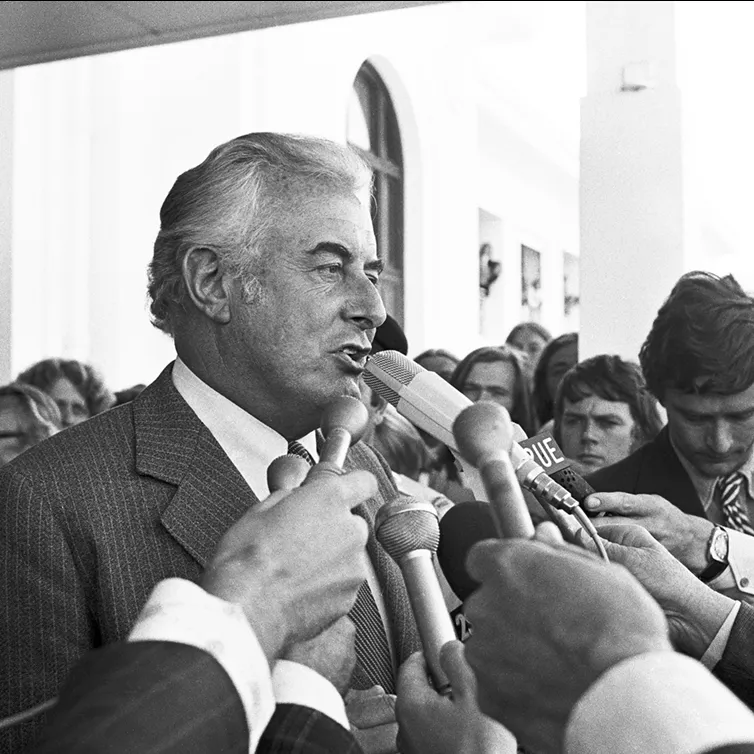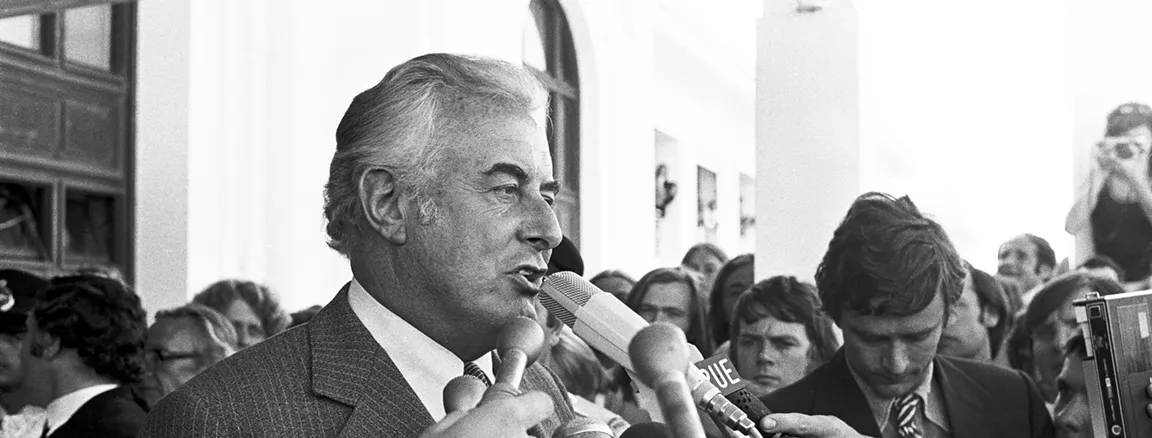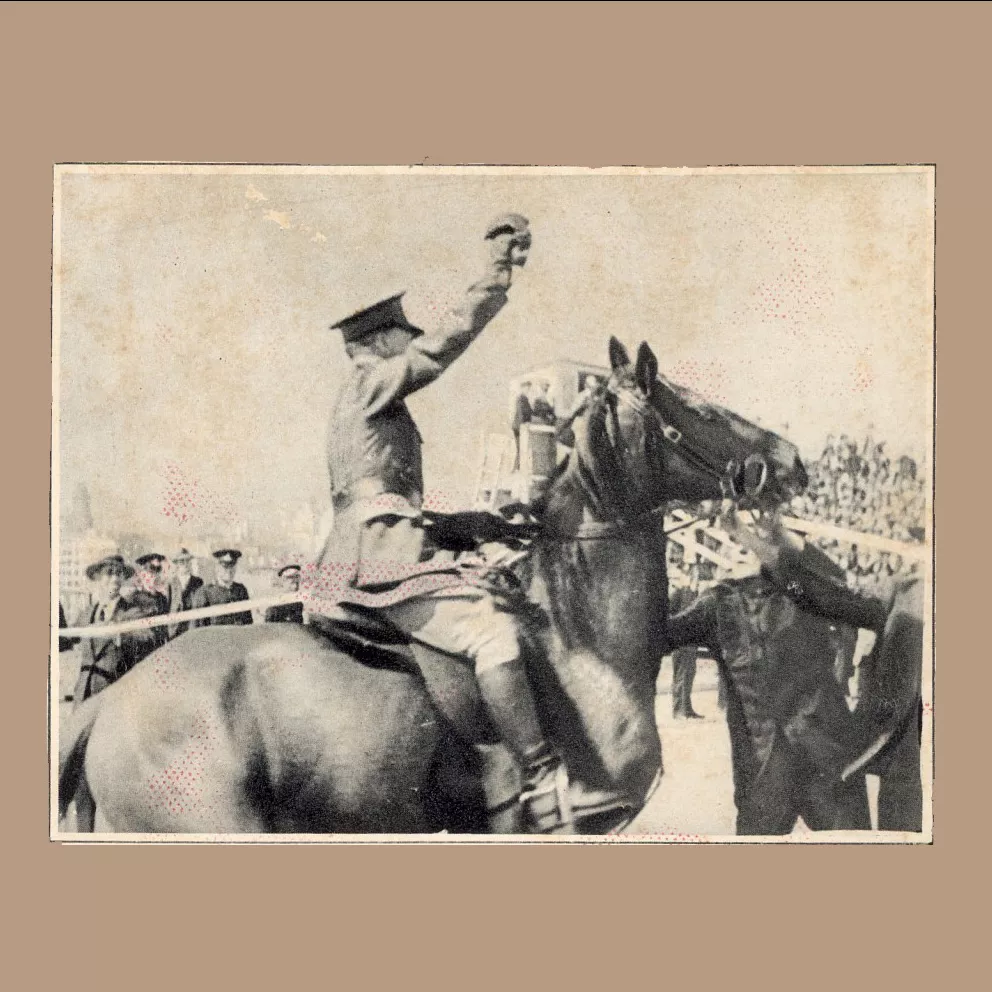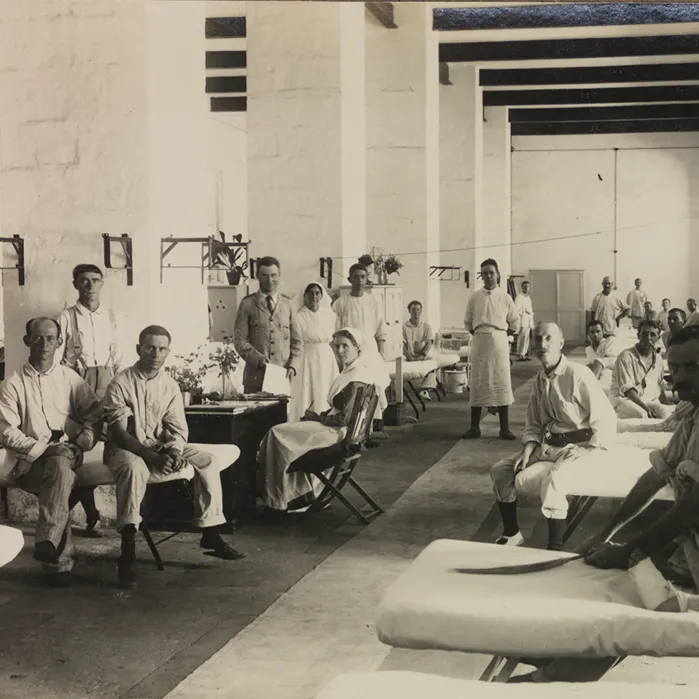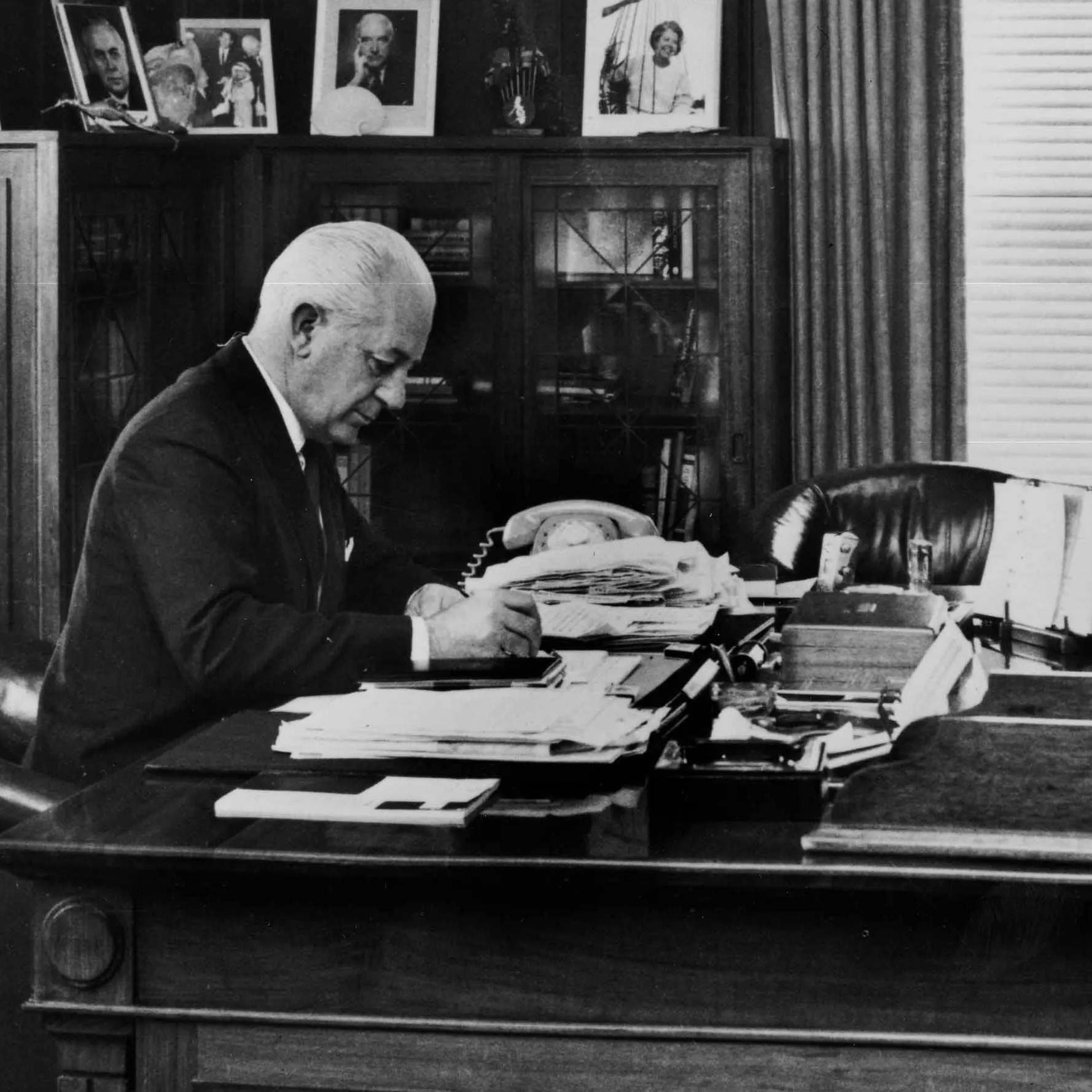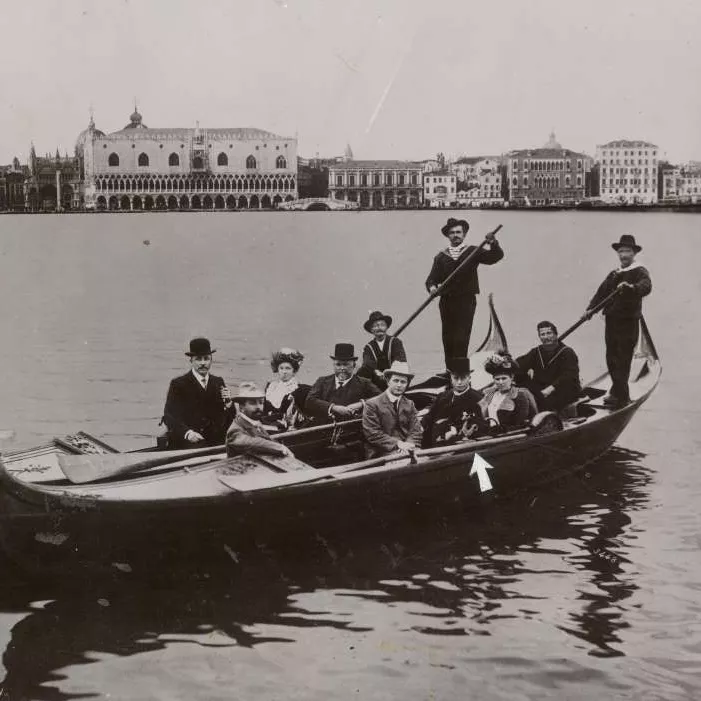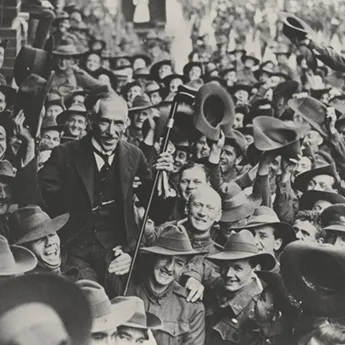Remembering the Dismissal
- DateMon, 12 Oct 2015
I thought I knew all about the Dismissal.
I was an 11-year-old schoolboy when it happened. One of the priests burst in to the afternoon class at my Catholic school to announce that the Queen’s man had sacked Whitlam.
We were instructed: Pay attention – this is history in the making. It was. So much so that soon the dismissal was capitalised. It became, and remains, 'the Dismissal'.
In Australia we do that with our more defining political events, like the Dismissal and 'the Split' of the Labor Party in 1955. In my home these events, two decades apart, were viewed as indelibly linked, certainly emotionally if not quite politically or remotely causally. My mother – sister to a federal Victorian right-wing MP who’d helped establish the Democratic Labor Party after Labor expelled him in 1955 – loathed Whitlam for delivering the ALP back into government in 1972. Dad, the son of a left-wing former Labor councilor, idolised Whitlam.
So, the Dismissal further split the adults at home, where the arguments about the rights and wrongs of Sir John Kerr’s sacking of the Whitlam Government were a microcosm of the fierce debate across the nation that preceded the 13 December 1975 federal election.
Consequently I had no trouble doing as instructed. I was certainly paying attention.
As a student of politics and later as a political journalist, the Dismissal was a constant reference point – an Australian moment that has attracted, perhaps, more scholarship, journalism and cultural reflection than just about any other.
And the story continues to be written amid new archival analysis, the emergence of fresh documentary material and oral histories, such as those in the collection of the Museum of Australian Democracy (MoAD) at Old Parliament House – the stage for the Dismissal on 11 November 1975.
When MoAD invited me to become involved in its creative and ambitious 40th anniversary Dismissal commemoration I readily agreed, with the satisfaction of someone who had grown up and felt conversant with the story of the Whitlam government’s sacking. But confronted with a vast body of research (books, media, transcripts of speeches, personal recollections and the very official documents critical to the events of 11 November 1975) on which to base a narrative, I became overwhelmed by how little of the nuance, the drama, the subterfuge and the political context I had, indeed, been genuinely familiar with.
It became at once a wonderful, as well as confronting and challenging project – a journey of discovery that brought me a new perception of and intrigue with events of almost half a century ago. Among other things I became aware of: just how nearly the government survived; Whitlam’s political naivety and blind faith in the virtue of parliamentary democracy; Malcolm Fraser’s single-minded determination to use the Senate to destroy a democratically-elected government and, of course, Kerr’s duplicity, fragility and mind for posterity.

